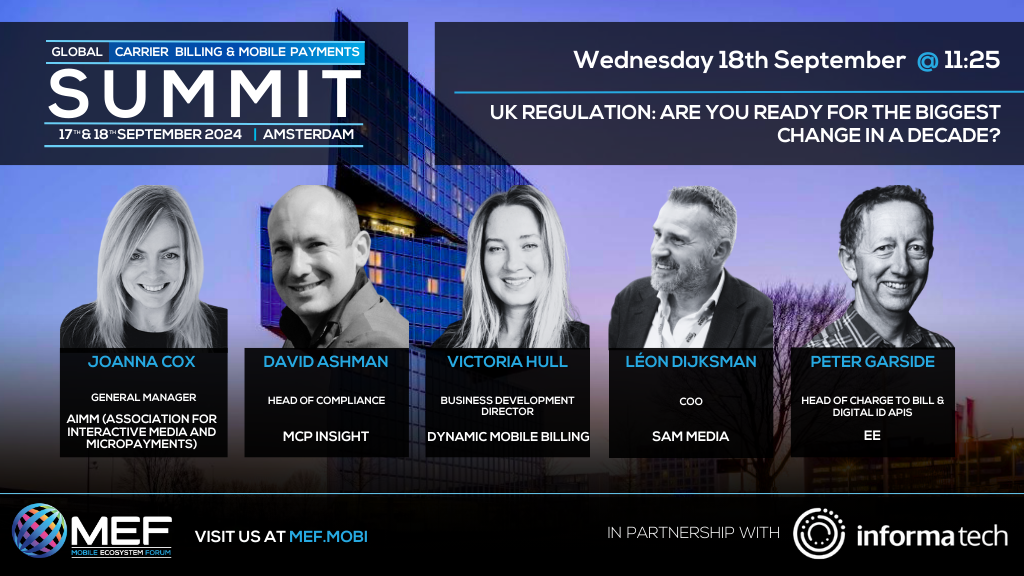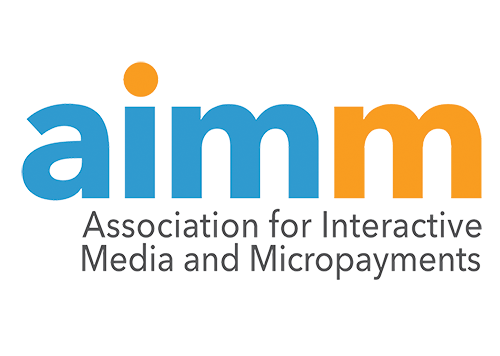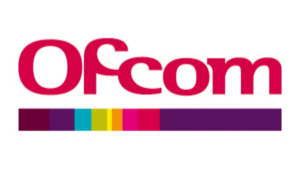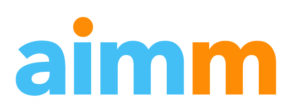
This morning at the Carrier Billing & Mobile Payments Summit, Joanna Cox of aimm Chaired a panel to discuss: UK Regulation: Are you Ready for the Biggest Change in a Decade? We were be joined by David Ashman of MCP Insights Ltd, Victoria Hull, from Dynamic Mobile Billing, Peter Garside of EE and Léon Dijksman from Sam Media.
This session delved into the new regulatory model that is on the horizon in the UK. With Ofcom in the process of transitioning into regulatory power over the mobile and interactive media space, this will create change across the regulatory landscape for our industry.
aimm has been working hard to not only advise and guide members about this change with workshops, but regularly liaise with both the regulators about this transition. This knowledge sharing allows for the opportunity for growth in this market to continue while maximising consumer protection.
With updates from Ofcom expected in the next couple of months; aimm is gearing up for the next round of member meetings to share our knowledge and best practice, so that all our members can enter this next regulatory phase compliant.
During the Panel session the team also discussed best practice for effective Responsive Display Ad Marketing. This is a hot topic right now for many businesses, and the focus for one of our new Working Groups at aimm.
If you are not yet a member of aimm, and want to find out more about what is required to be compliant, as well as find new opportunities for growth, get in touch about membership and joining our mailing list for our updates.




